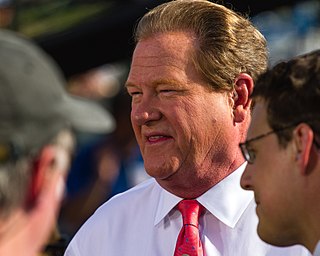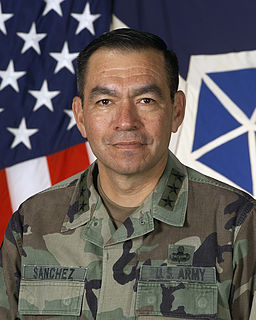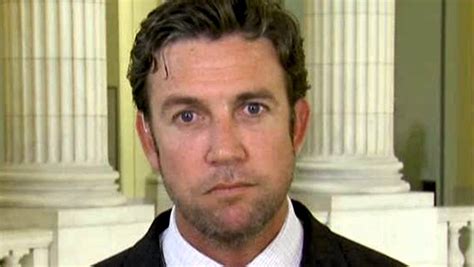A Quote by Richard N. Haass
I did not support the U.S. decision to intervene with military force in Libya. The evidence was not persuasive that a large-scale massacre or genocide was either likely or imminent. Policies other than military intervention were never given a full chance.
Related Quotes
Things can change if the military can do a paradigm shift and gets out of the shame and coverup cycle and be a leader in our culture. In the 50s, 60s and 70s there were huge race problems in the military even more severe than the culture at large. The military saw it was detrimental and it changed and became a model to society at large.
In the aftermath of the terrorist attacks of September 11, 2001, I watched helplessly as the Bush administration led America into a strategic blunder of historic proportions. It became painfully obvious that the executive branch of our government did not trust its military. It relied instead on a neoconservative ideology developed by men and women with little, if any, military experience. Some senior military leaders did not challenge civilian decision makers at the appropriate times, and the courageous few who did take a stand were subsequently forced out of the service.
While I was not consulted prior to the President's decision to intervene in support of the Republic of Korea, that decision from a military standpoint, proved a sound one, as we hurled back the invader and decimated his forces. Our victory was complete, and our objectives within reach, when Red China intervened with numerically superior ground forces.
In recent years the military has gradually been eased out of political life in Turkey. The military budget is now subject to much more parliamentary scrutiny than before. The National Security Council, through which the military used to exercise influence over the government is now a purely consultative body. But Turkish society still sees the military as the guarantor of law and order. The army is trusted, held in high regard - though not by dissident liberals. When things go wrong, people expect the military to intervene, as they've intervened over and over again in Turkish history.
Yes and no. Because America has only about 1 percent of the population serving in the military, it is hard for many civilians to understand the sacrifices military families make. However, my experience is that after the Vietnam War, the public learned that they should support the military whether or not they support the war. You've seen that outpouring of support for the veterans of both Iraq and Afghanistan.
Today, we are tabling a motion seeking the support of the House for the Government's decision to renew our military mission against ISIL for up to an additional 12 months. Our objectives remain the same: we intend to continue to degrade the capabilities of ISIL, that is, to degrade its ability to engage in military movements of scale, to operate bases in the open, to expand its presence in the region, and to propagate attacks outside the region.







































